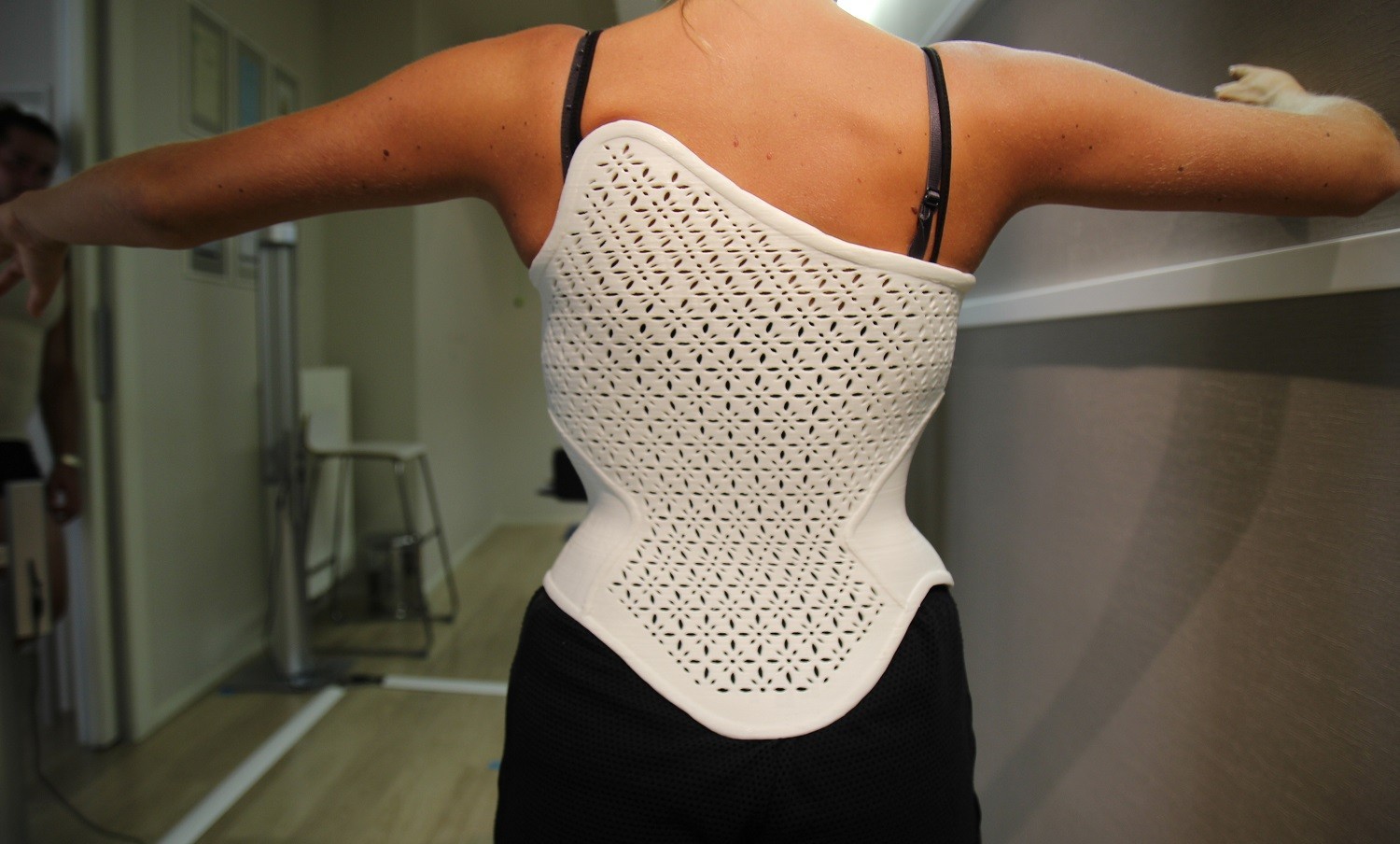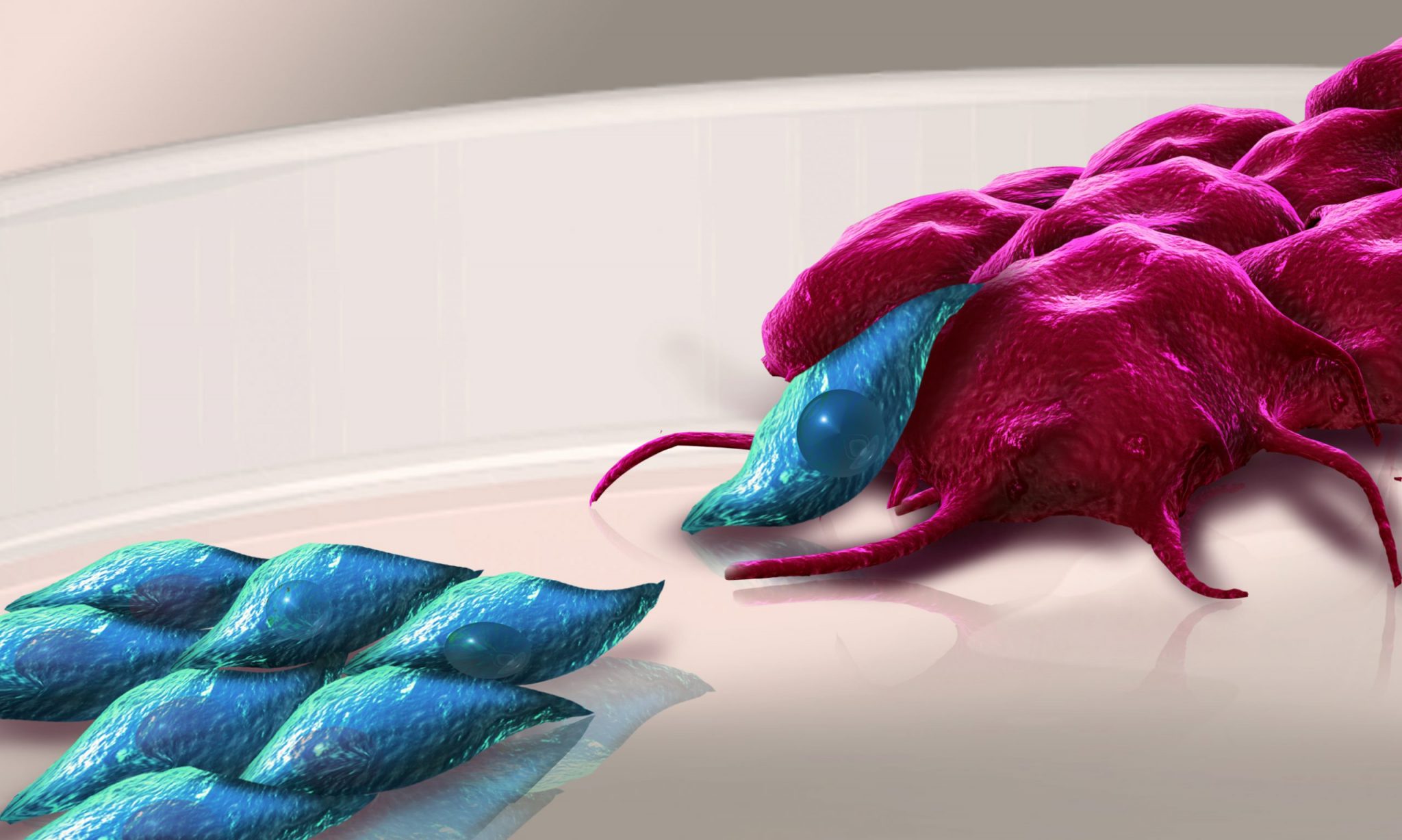Freezing 3D-bioprinted tissue to extend tissue shelf-life

Researchers at Brigham and Women's Hospital (MA, USA) and Harvard Medical School (MA, USA) have developed 3D-bioprinted tissues that can be frozen and preserved, allowing for the extension of tissue shelf-life. A significant challenge for the widespread clinical utilization and study of 3D-printed tissues is their short shelf-life, which typically ranges from a few hours to a few days. This poses difficulties in the case of organ transplants, for example, as bioprinted tissue must rapidly be transported and transplanted into the patient. In a technological development, researchers have combined 3D bioprinting with cryopreservative techniques to create tissues that can safely...





